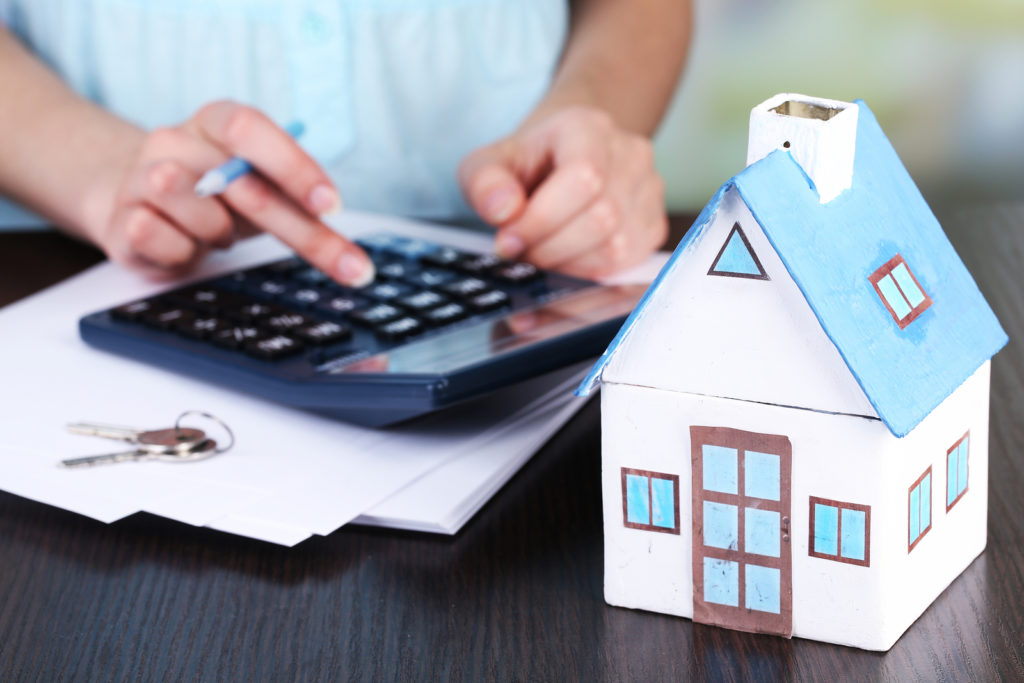10 tips for rental property owners to avoid common tax mistakes Posted on October 9, 2018

Claiming the right portion of expenses
The ATO is adamant that you can’t claim deductions for rental property expenses when family or friends stay free of charge, or for periods when you use the property for your own purposes. Also, if the property is rented out to family or friends below the market rate, you can only claim a deduction for that period up to the amount of rent received.
Initial repairs and capital improvements
You are not able to claim initial repairs or improvements as an immediate deduction in the same income year that such expenses were incurred. The ATO takes the view that:
-
Repairs must relate directly to “wear and tear” or other damage that happened as a result of renting out the property. Initial repair costs for damage that existed when you bought the property (such as replacing broken light fittings or fixing damaged floorboards) are not immediately deductible, but these costs come into play later when working out profit upon sale of the property (that is, your capital gain or loss: see tip 9).
-
Ongoing repairs that relate directly to wear and tear or other damage that resulted from renting out the property (such as fixing the hot water system or part of a damaged roof) are classed as a repair and can be claimed in full in the same income year.
-
Replacing an entire part of the property, such as replacing a bathroom, is classified as an improvement and is not immediately deductible. These “building costs” can be claimed at 2.5% each year for 40 years after completion.If you completely replace a damaged item that is detachable from the house and it costs more than $300 (for example, replacing the entire hot water system), the cost will need to be depreciated over a number of years.
Construction costs
It is possible to claim certain building costs, including extensions, alterations and structural improvements, as capital works deductions. Generally, you can claim a capital works deduction at 2.5% of the construction cost each year for 40 years from the date of completion.
If the previous owner claimed a capital works deduction, they should give the current owner the relevant information to calculate costs, so it always pays to ask for this. If they didn’t use the property to produce assessable income, an estimate can be obtained from a professional. However, the ATO requires that this professional is qualified, uses a reasonable basis for their valuation and excludes the cost of the land when working out construction costs.
Claiming borrowing expenses
Borrowing expenses include loan establishment fees, title search fees and costs of preparing and filing mortgage documents. If the borrowing expenses are more than $100, the deduction is spread over five years. If they are $100 or less, you can claim the full amount in the same income year as the expense was incurred.
Purchase costs
You can’t claim any deductions for the costs of buying your property. This includes conveyancing fees and stamp duty (for properties outside of the ACT). If you later sell your property, these costs are used when working out your capital gain (or loss): see tip 9.
Make sure the property is genuinely available for rent
The property must be genuinely available for rent in order to claim a tax deduction. This means you must be able to show a clear intention to rent the property. The rent should be set in line with similar properties in the area, and the property should be advertised so that someone is likely to rent it. The ATO also says it is advisable to avoid what may be seen as unreasonable rental conditions.
Claiming interest on your loan
You can claim interest as a deduction if you take out a loan for your rental property. However, if you use some of the loan money for personal use, such as buying a boat or going on a holiday, you are not permitted to claim the interest on that part of the loan. You can only claim the part of the interest that relates to the rental property.
Co-owning a property
If you own a rental property with someone else, you must declare rental income and claim expenses according to your legal ownership of the property. If you are joint tenants, your legal interest will be equally divided, but if you are tenants in common you and the other owners may have different ownership interest percentages.
Capital gains when selling
When you sell your rental property, you will make either a capital gain or a capital loss (that is, the difference between what it cost you to buy and improve the property, and what you receive when you sell it). If you make a capital gain, you will need to include this in your assessable income for that financial year. If you make a capital loss, you can carry the loss forward and deduct it from capital gains in later years.
Keeping the right records
Having evidence of your income and expenses is important to be able to claim everything you are entitled to. Capital gains tax may apply when you sell, so you should keep records over the period you own the property and for five years from the date you sell it.





